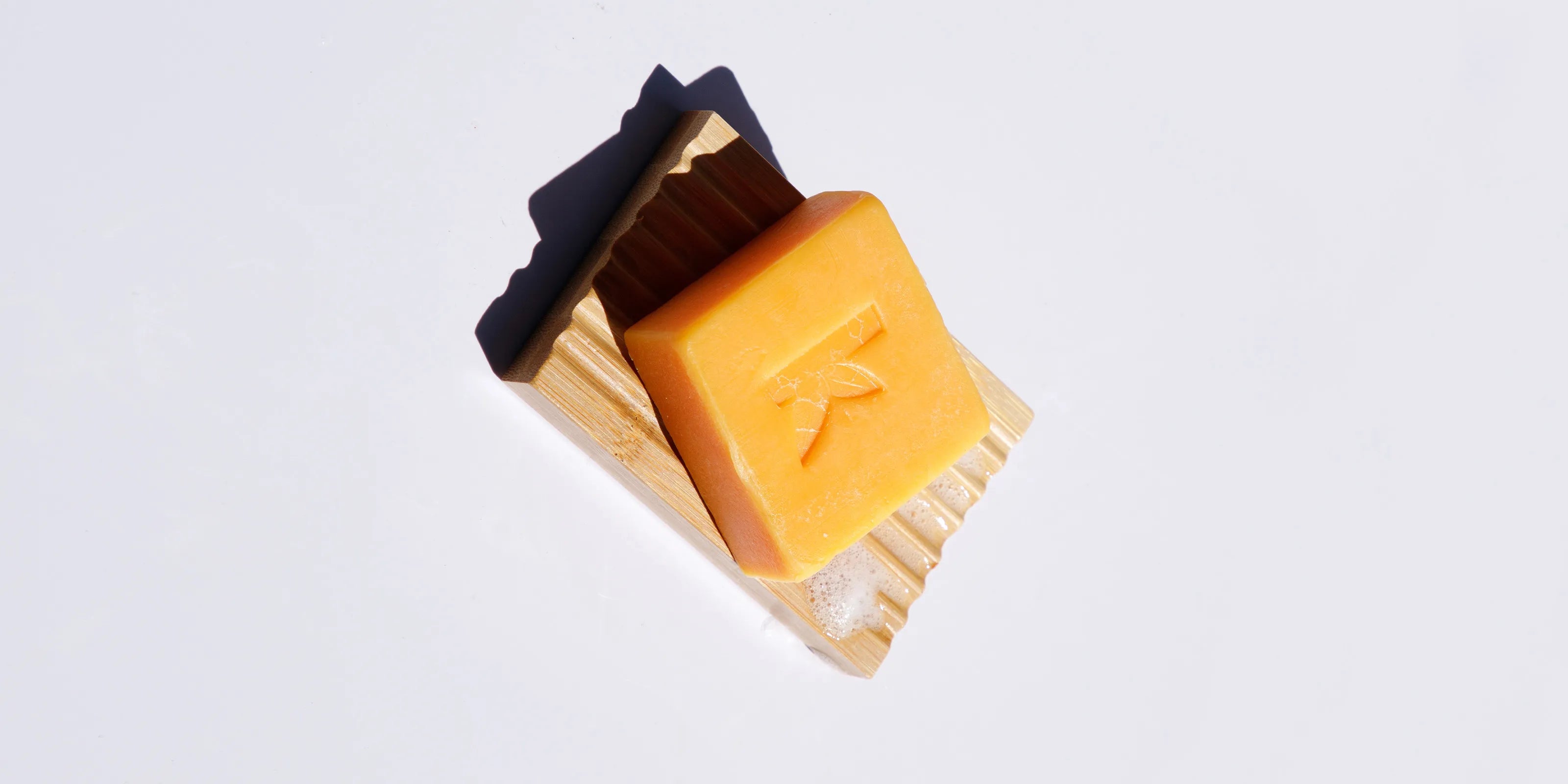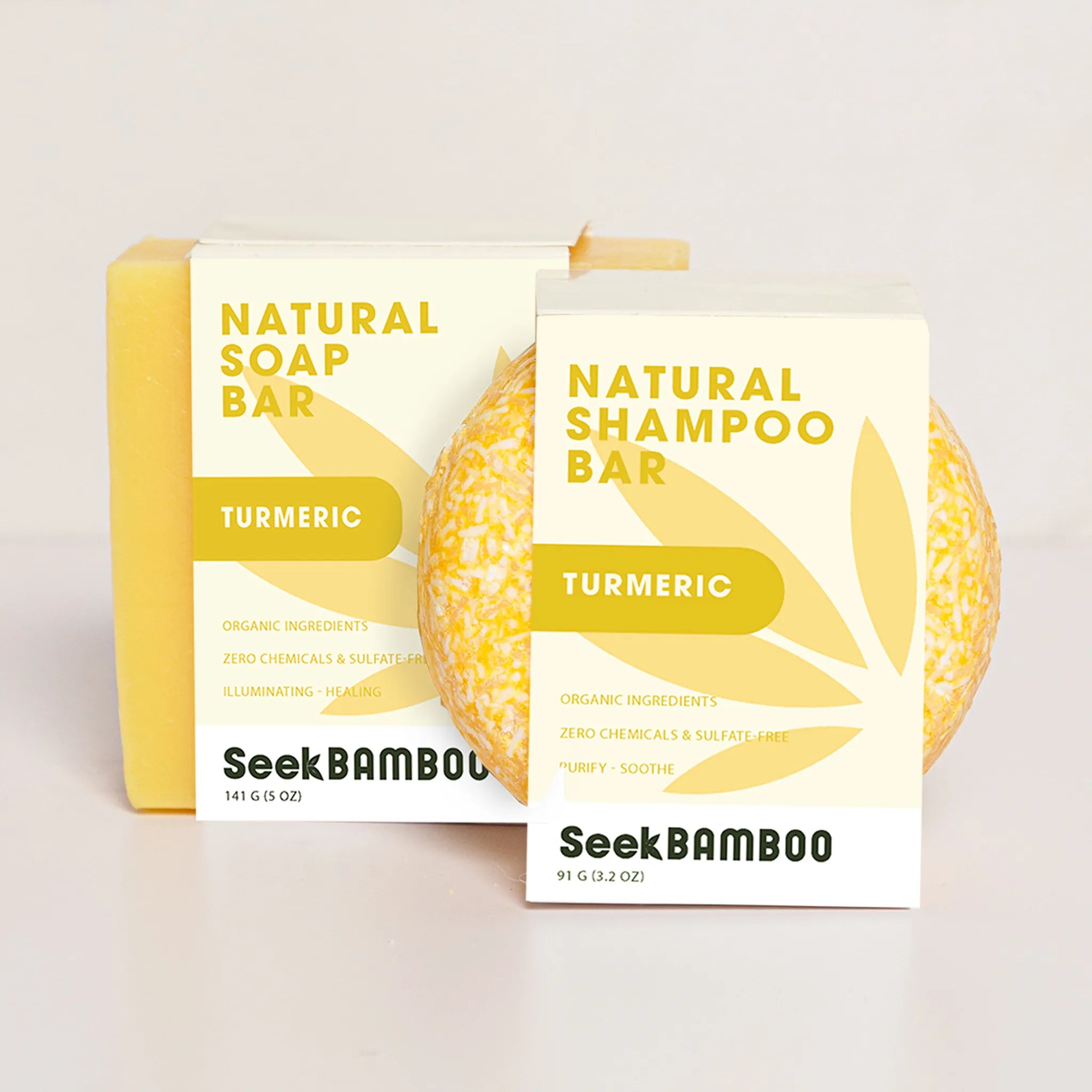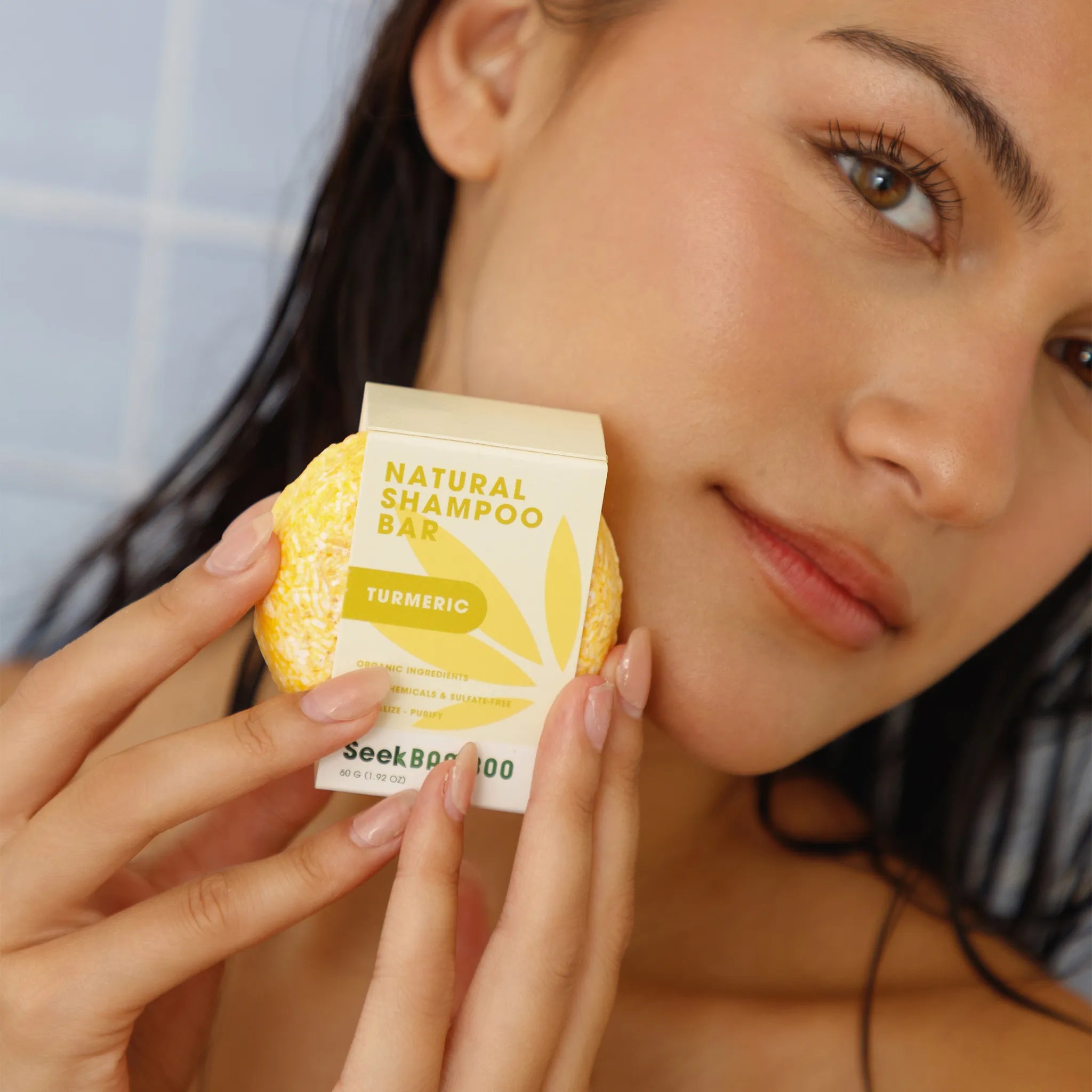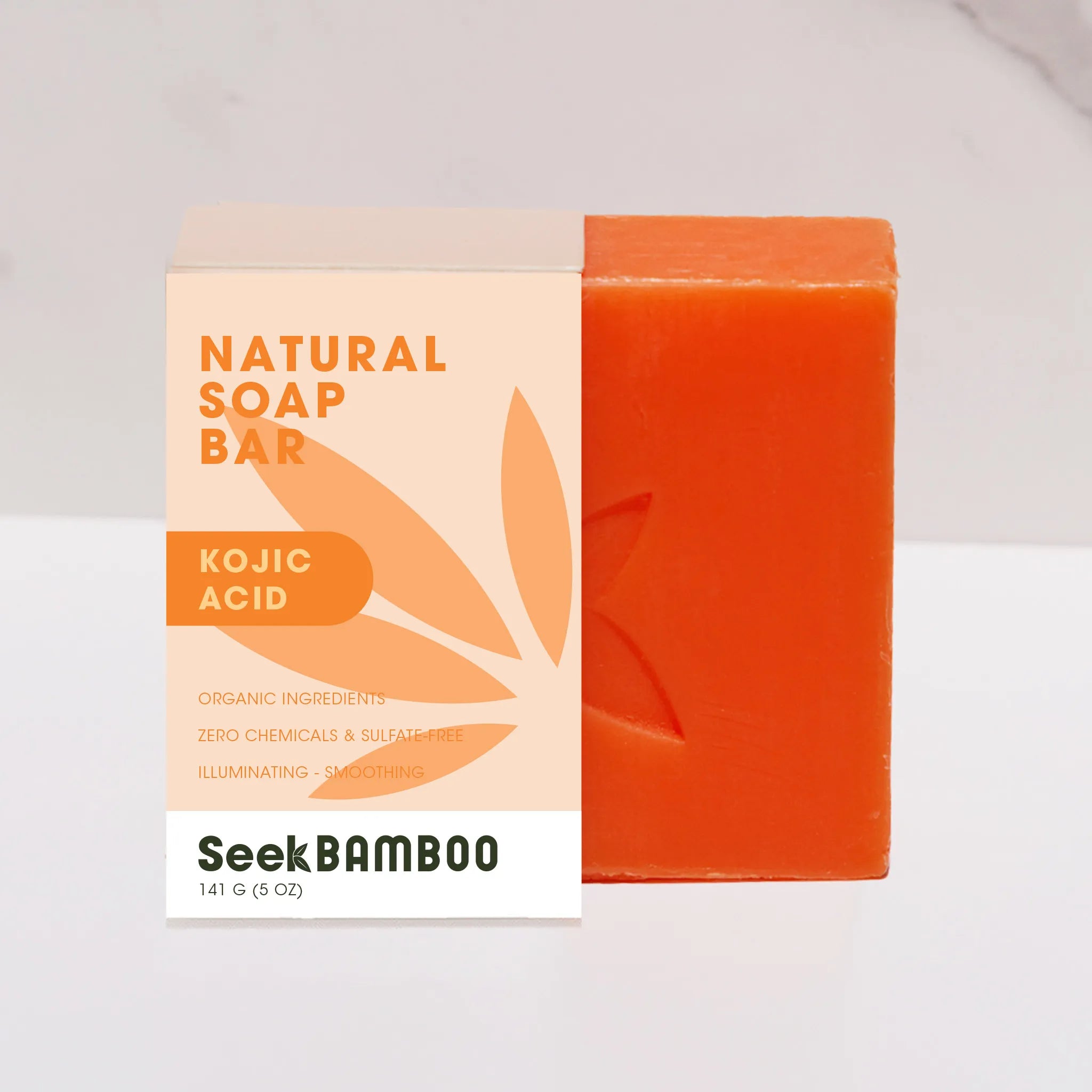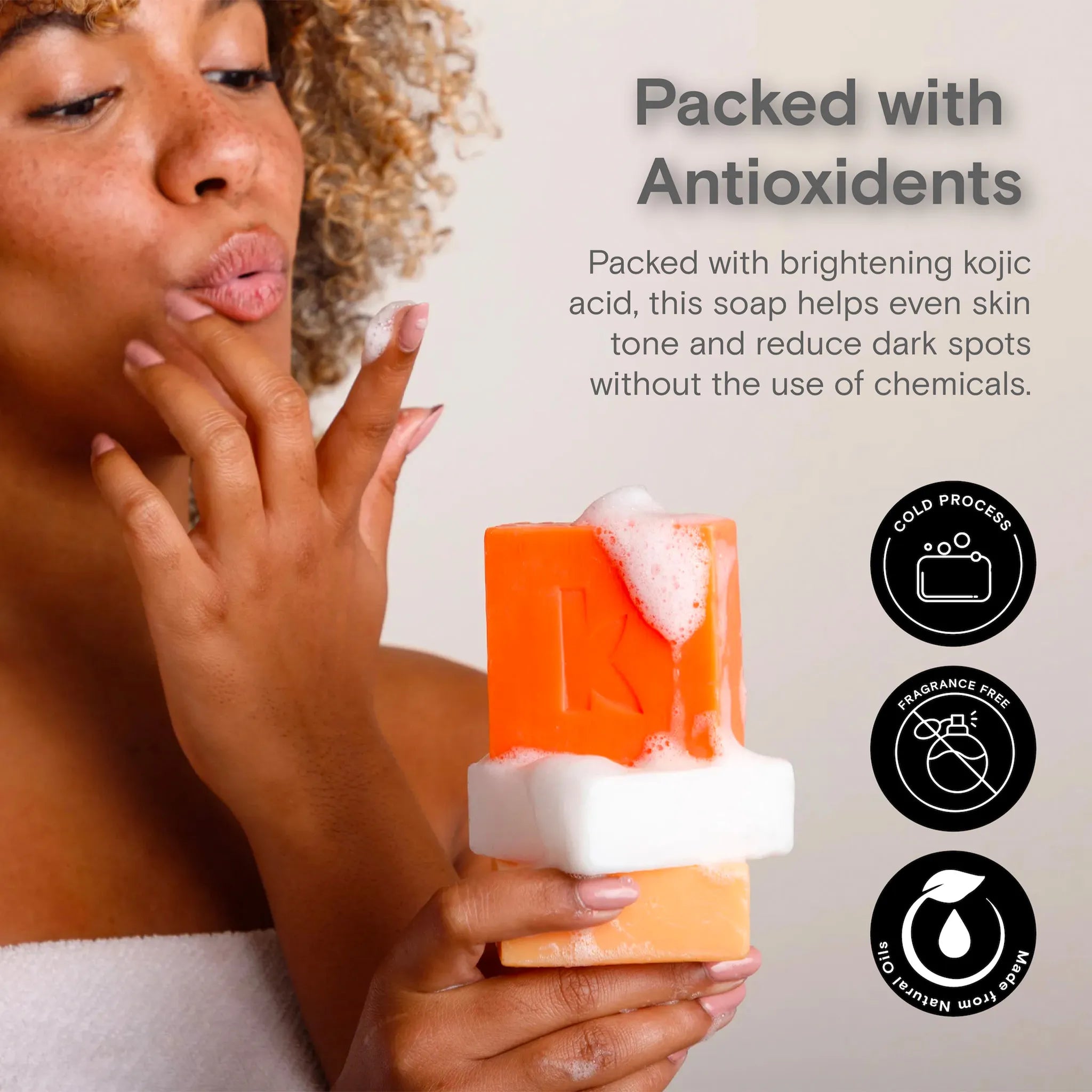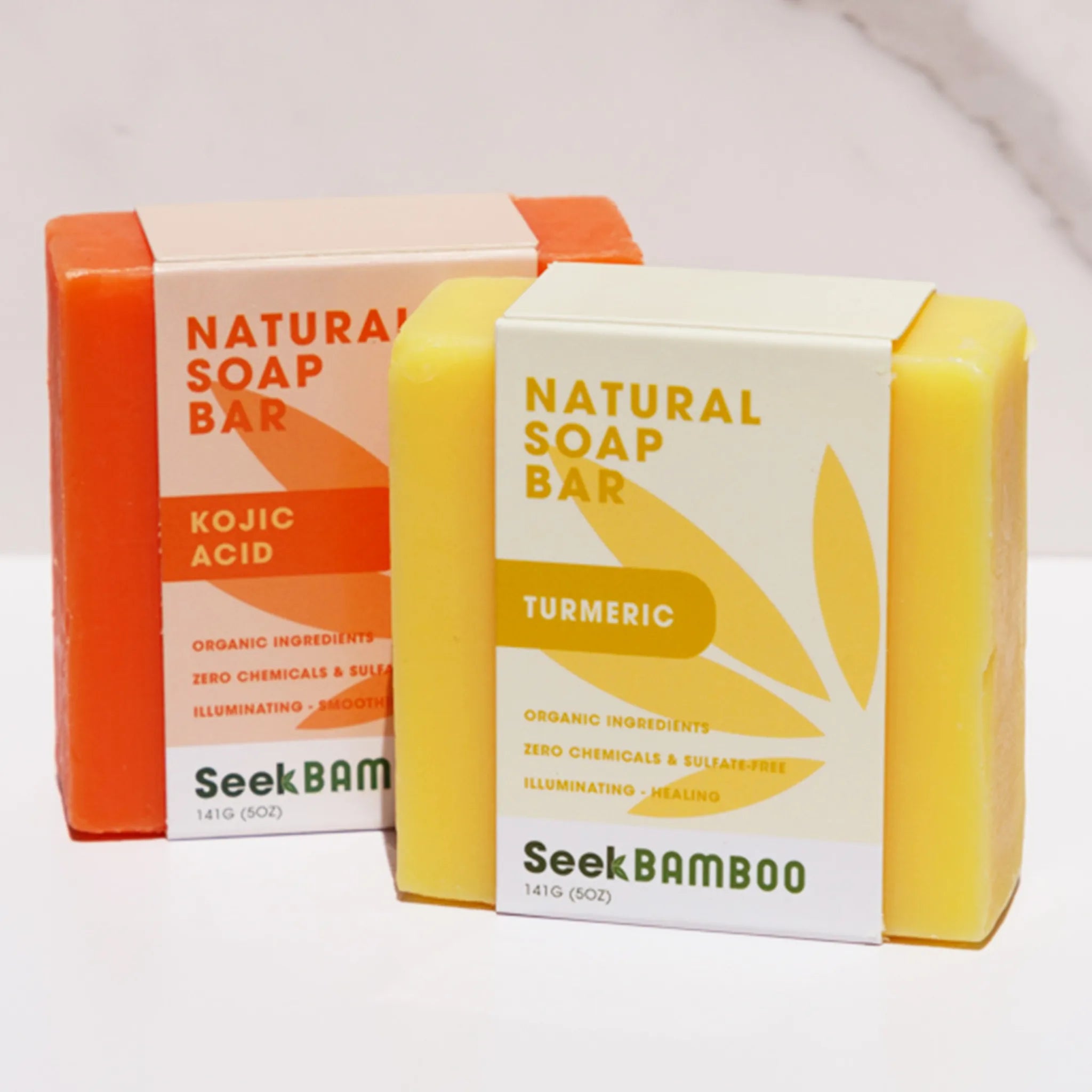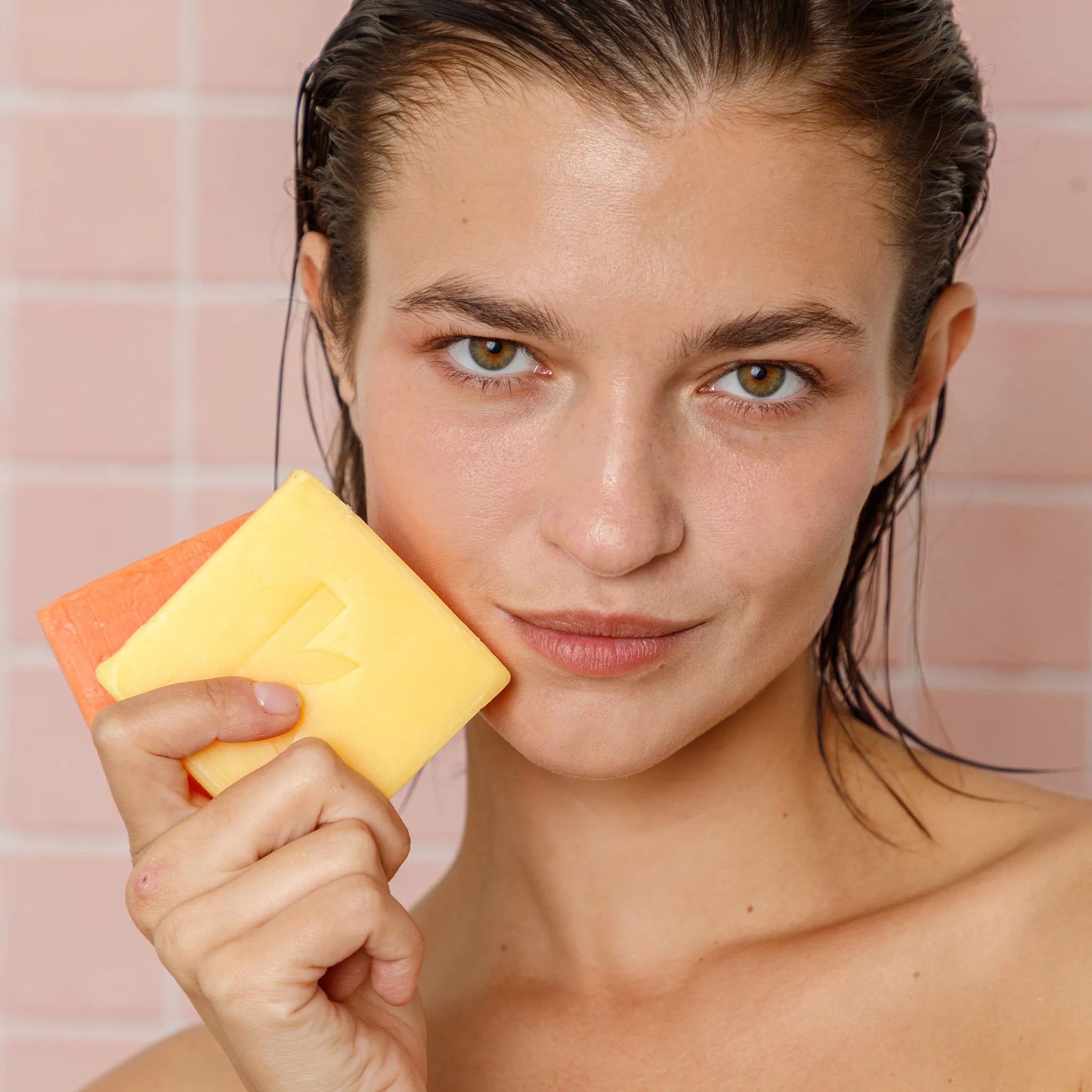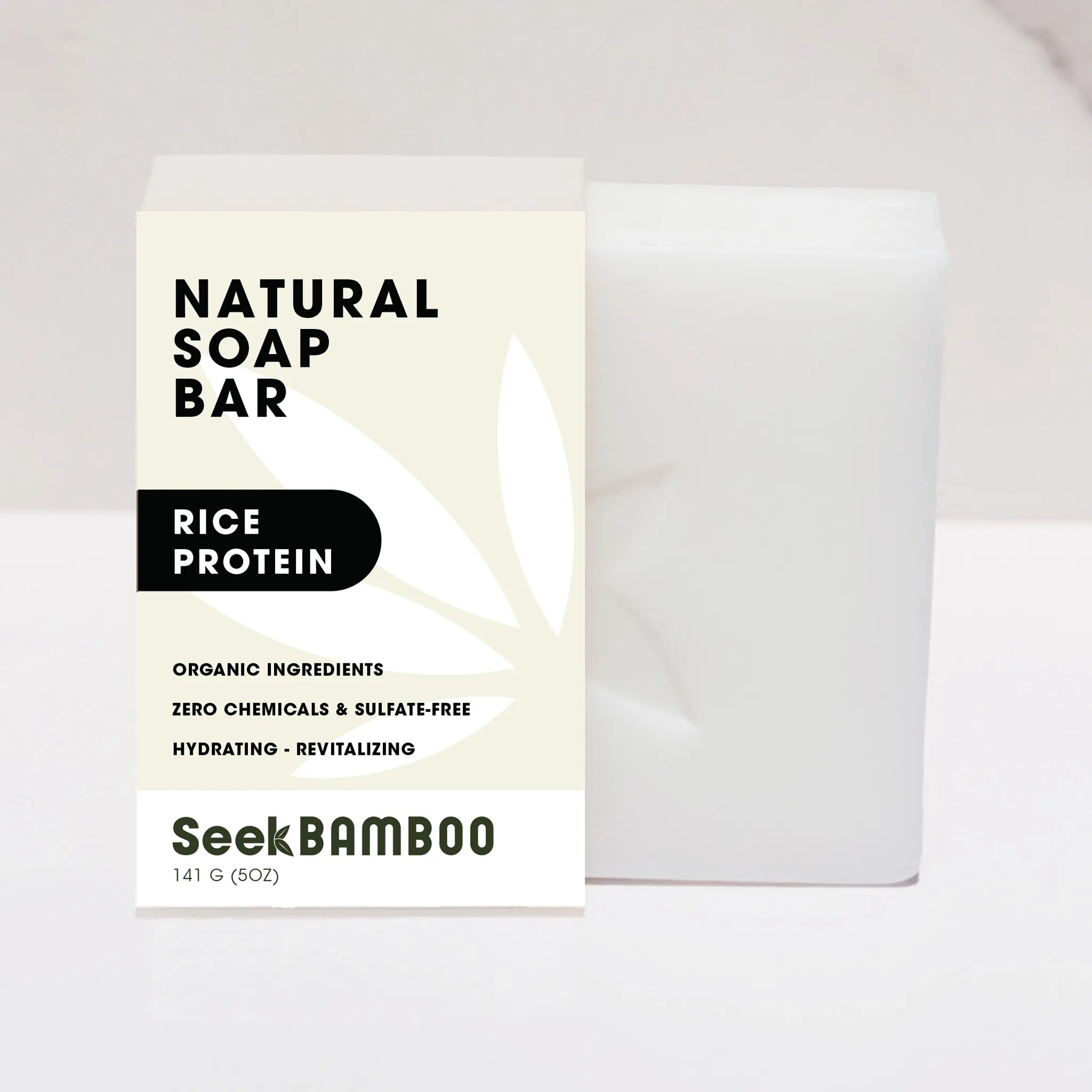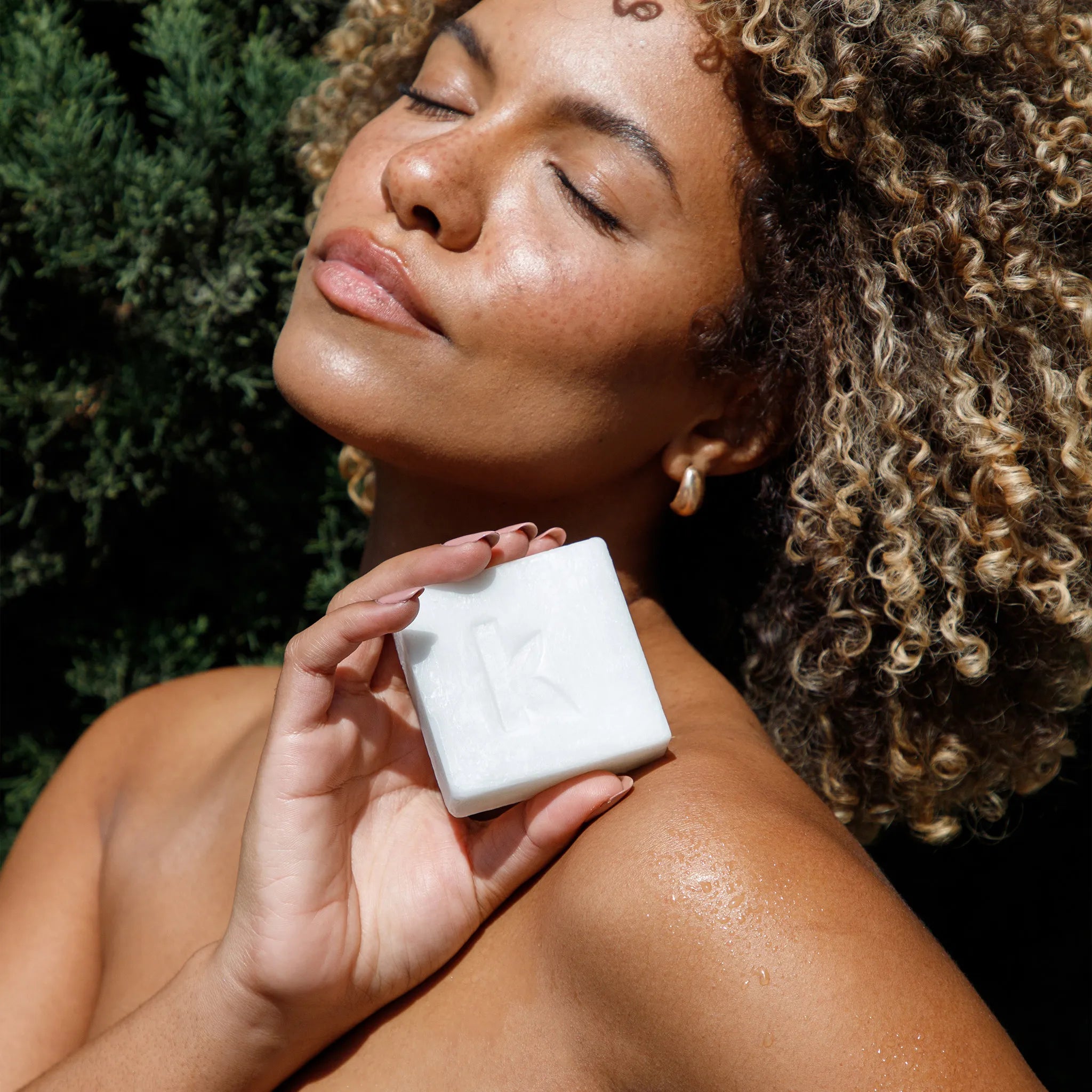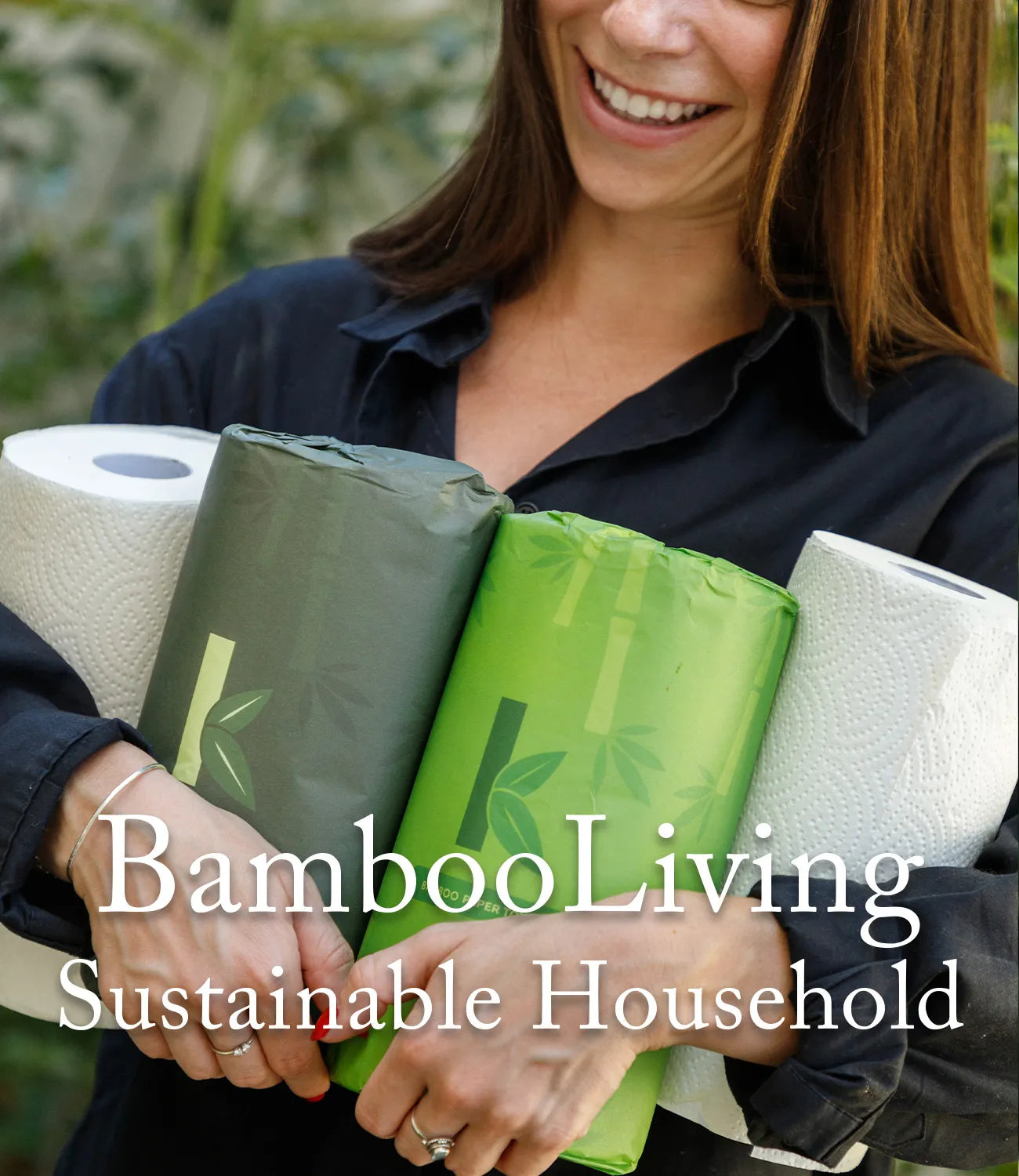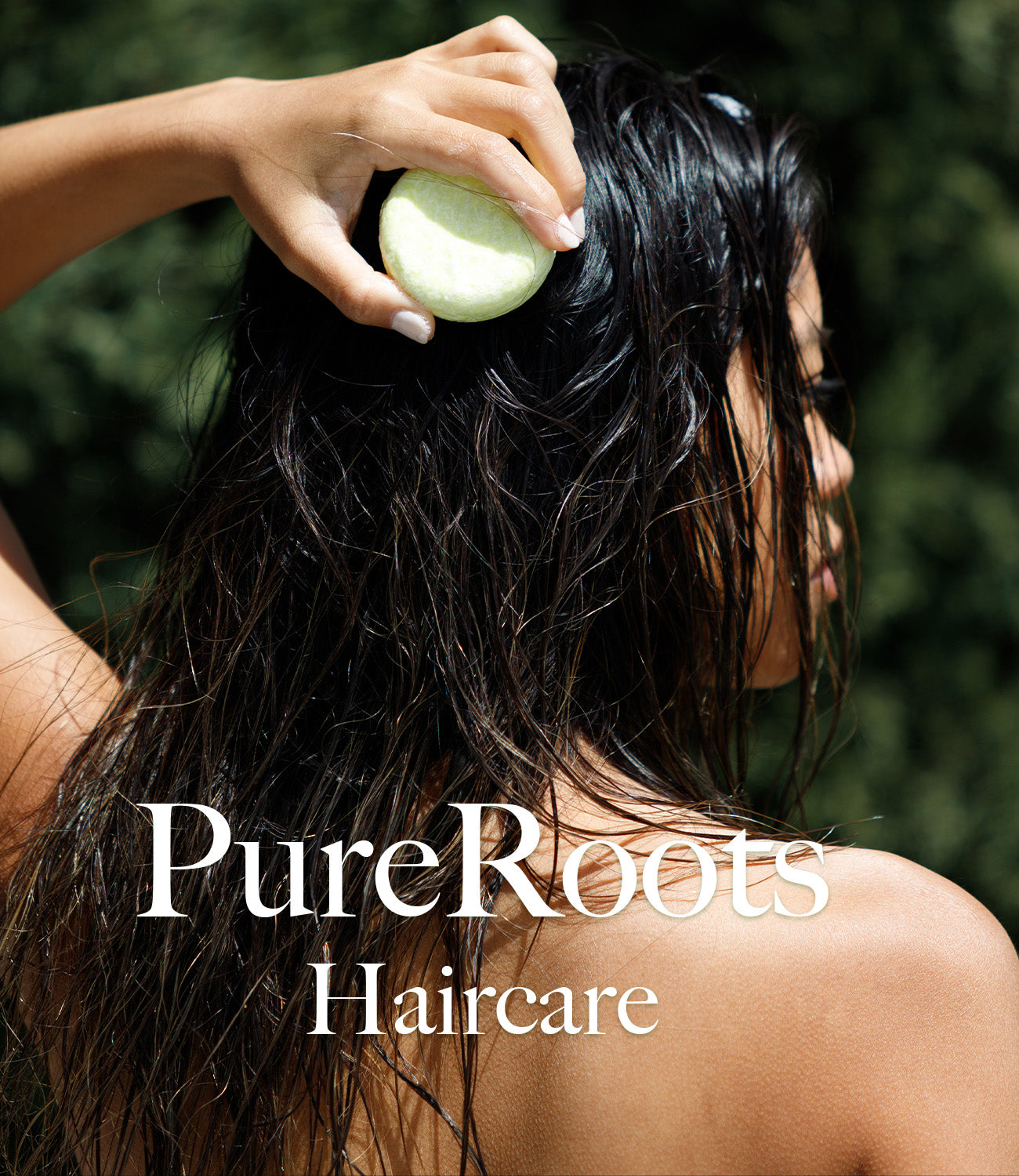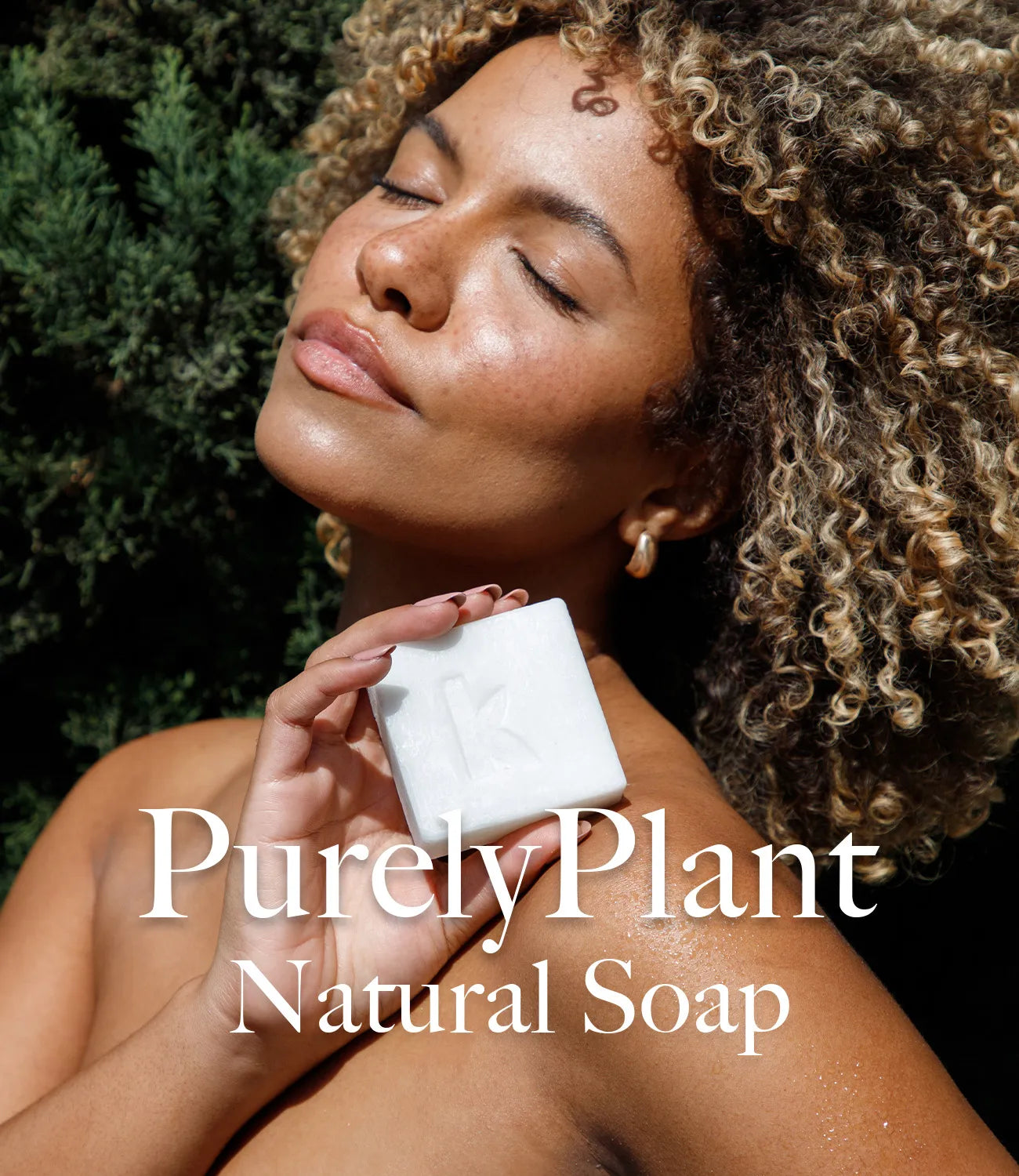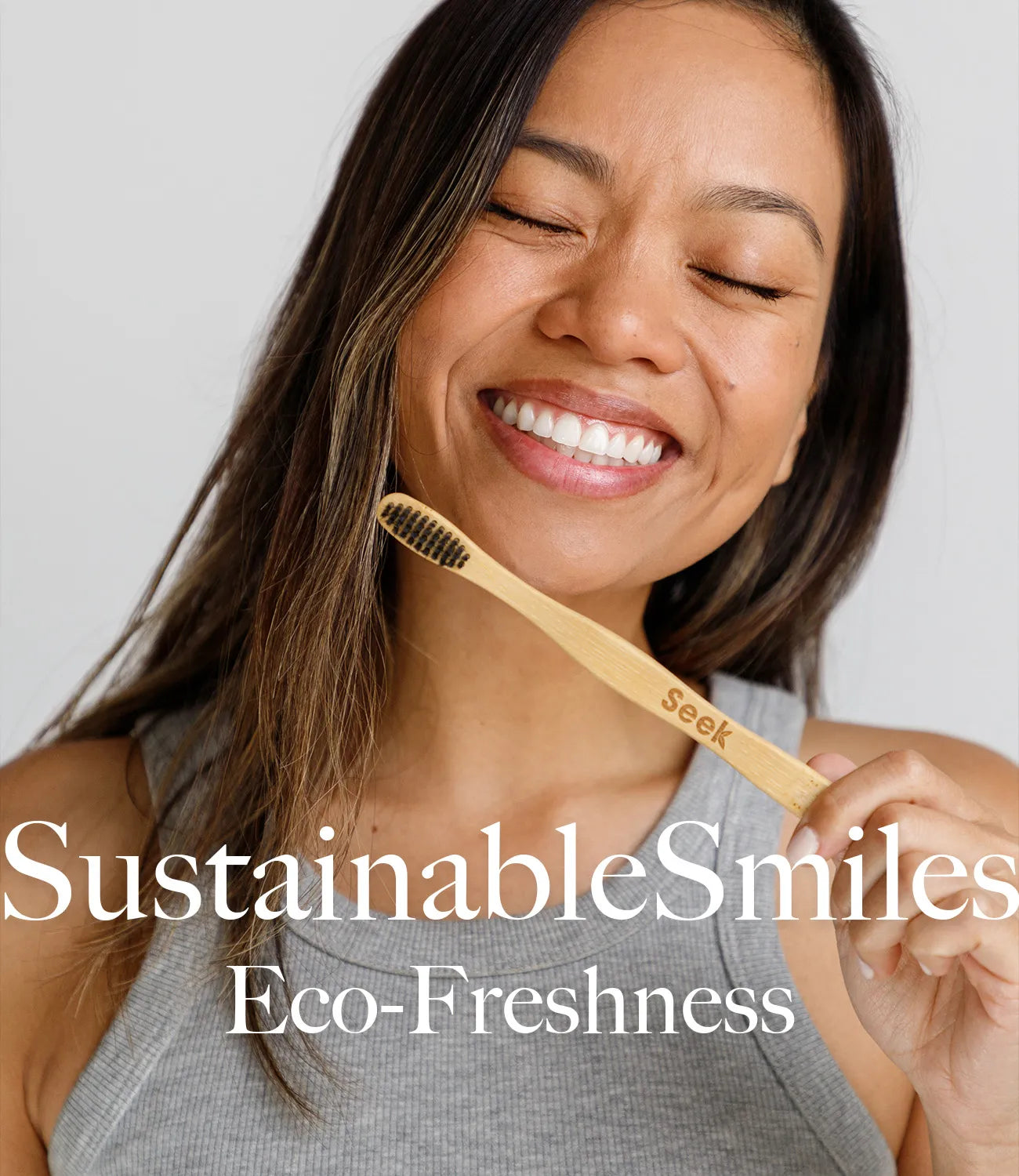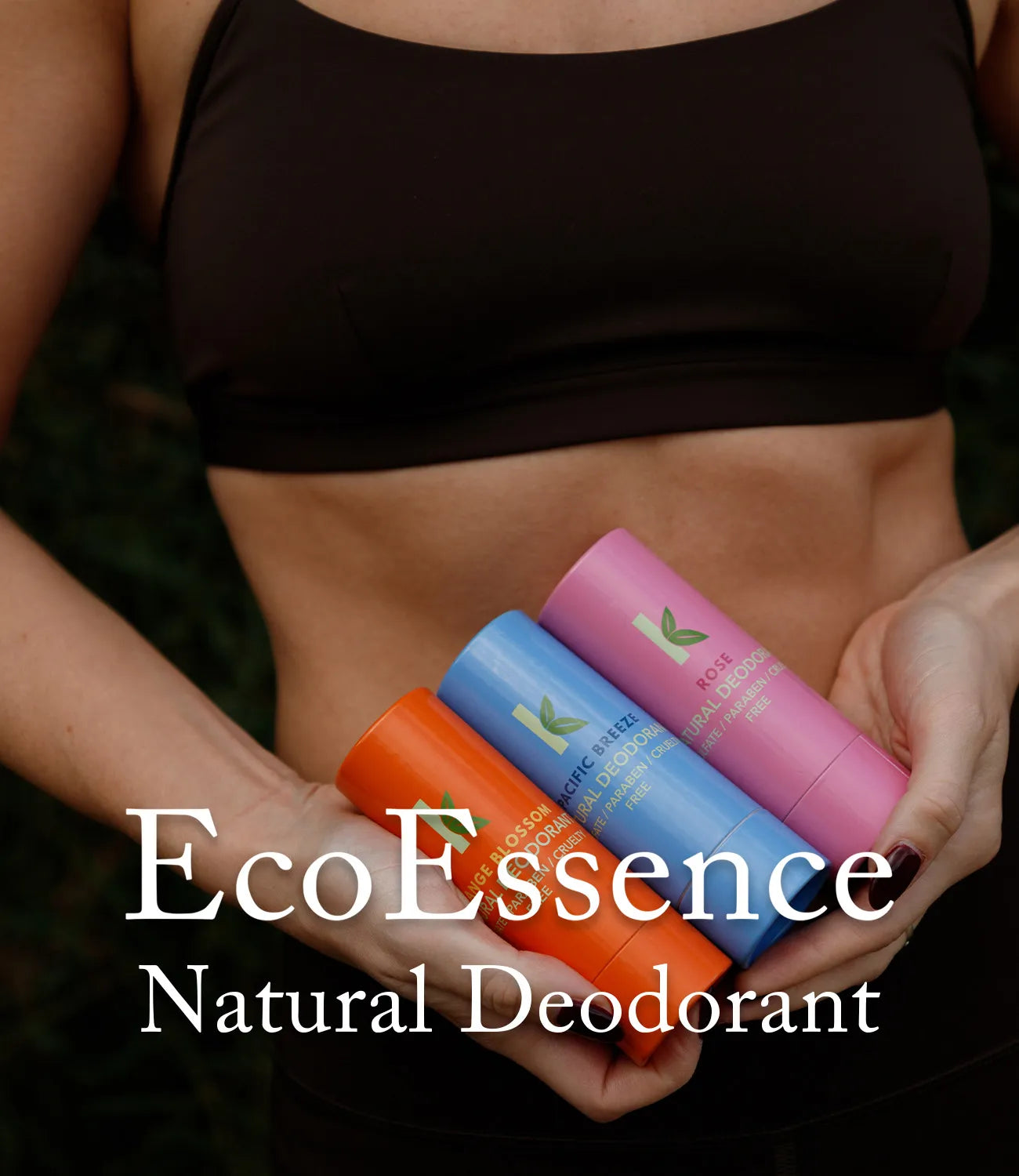Have you ever wondered if soap can expire? Understanding the shelf life of your soap is essential for ensuring it remains effective and safe to use. Soap, like many other household products, can degrade over time, leading to changes in its texture, scent, and cleansing properties. Knowing when and how different types of soap expire can help you make informed decisions about your hygiene and household routines.
Exploring the expiration of various types of soap—such as bar soap, liquid hand soap, body wash, facial cleansers, laundry soap, and dish soap—reveals important insights. Recognizing the signs that indicate soap may have expired, understanding the potential risks of using expired products, and adopting best practices for storing soap can significantly extend its lifespan. By gaining a comprehensive understanding of soap expiration, you can ensure your soaps remain fresh and effective for as long as possible.
General Shelf Life of Soap
Understanding the general shelf life of soap is the first step in ensuring you always have fresh, effective products on hand. The shelf life of soap can vary significantly depending on its type, ingredients, and how it is stored. Here's a breakdown of what to expect for different types of soap:
Bar Soap
- Commercial Bar Soap: Generally, commercial bar soaps have a shelf life of 2-3 years. These soaps often contain preservatives and stabilizers that help them last longer.
- Handmade/Natural Bar Soap: Handmade and natural bar soaps, which typically use fewer preservatives, have a shorter shelf life of about 1 year. The natural oils and ingredients can degrade more quickly, especially if not stored properly.
Liquid Hand Soap
Liquid hand soap usually has a shelf life of 1-2 years. Over time, the ingredients can separate or degrade, affecting the soap's effectiveness and consistency.
Body Wash and Shower Gel
These products typically last about 2-3 years. Like liquid hand soap, body washes and shower gels can experience separation of ingredients and changes in texture and scent as they age.
Facial Cleanser and Face Soap
- Facial cleansers and face soaps usually have a shelf life of 1-2 years. Given the delicate nature of facial skin, using fresh products is crucial to avoid irritation and ensure effectiveness.
Laundry Soap
- Liquid Laundry Detergent: Typically lasts about 6 months to 1 year after opening. Over time, liquid detergents can lose their effectiveness and may separate.
- Powder Laundry Detergent: Powder detergents can last up to a year or more if stored in a cool, dry place. They are generally more stable than liquid detergents.
Dish Soap
Dish soap usually has a shelf life of around 1 year. Like other liquid soaps, it can change in consistency and effectiveness over time.
Factors Influencing Soap Shelf Life
Several factors influence the shelf life of soap:
Ingredients
Soaps with natural ingredients and fewer preservatives tend to have shorter shelf lives. Essential oils, botanical extracts, and other natural components can degrade more quickly than synthetic additives.
Preservatives
The presence of preservatives in soap can significantly extend its shelf life by preventing the growth of bacteria and mold. Commercial soaps often contain preservatives that help them last longer.
Storage Conditions
Proper storage is crucial for extending the life of your soap. Keep soap in a cool, dry place away from direct sunlight and moisture. Bar soaps should be stored on a well-drained soap dish to prevent them from sitting in water, which can cause them to dissolve or become mushy.
By understanding the typical shelf life and factors that influence it, you can better manage your soap products to ensure they remain effective and safe to use.
Does Soap Expire?
What You Need to Know About Soap Longevity
Does bar soap expire?
Yes, bar soap can expire. Most commercially made bar soaps have a shelf life of 2-3 years when stored properly. Over time, bar soap may lose its fragrance, change in color, and become less effective at lathering. Natural or handmade soaps, which often contain fewer preservatives, may have a shorter shelf life of around 1 year. To extend the life of your bar soap, store it in a cool, dry place away from direct sunlight.
How can I tell if my bar soap has expired?
You can tell if bar soap has expired by checking for changes in appearance, texture, and smell. Expired soap may become discolored, develop cracks, or lose its original scent. It may also become harder and less capable of producing lather. If the soap feels slimy or has an unusual odor, it’s best to discard it.
Does liquid hand soap expire?
Yes, liquid hand soap does expire. Liquid soaps typically have a shelf life of 1-2 years. Over time, the ingredients can separate or degrade, reducing the soap's effectiveness. Expired liquid soap may have an altered texture, color, or scent. It's important to check the expiration date on the bottle and observe any changes in the product.
Can I still use liquid hand soap after it expires?
While you can technically still use liquid hand soap after it expires, it may not be as effective at cleaning and could potentially harbor bacteria. If the soap has changed in color, consistency, or smell, it's best to replace it. Using expired soap can also cause skin irritation, especially for those with sensitive skin.
Does body wash or shower gel expire?
Yes, body wash and shower gel can expire. These products typically have a shelf life of about 2-3 years. After this period, the ingredients can separate, and the product may lose its fragrance and effectiveness. Using expired body wash can lead to skin irritation or reduced cleansing efficacy. Always check the expiration date and look for signs of spoilage, such as changes in color, consistency, or smell.
Does facial cleanser or face soap expire?
Yes, facial cleansers and face soaps do expire. These products usually have a shelf life of 1-2 years. Using expired facial cleansers can lead to reduced effectiveness and potential skin irritation or breakouts. Given the delicate nature of facial skin, it's crucial to ensure your face soap is within its expiration date and has been stored properly to maintain its efficacy and safety.
Does laundry soap expire?
Yes, laundry soap can expire. Liquid laundry detergents typically last about 6 months to 1 year after opening, while powder detergents can last up to a year or more if stored in a cool, dry place. Over time, the effectiveness of the detergent can diminish, and it may not clean clothes as effectively. Check for changes in smell, color, or texture, and replace it if it seems off.
Does dish soap expire?
Yes, dish soap can expire. Most liquid dish soaps have a shelf life of around 1 year. After this period, the ingredients can start to break down, reducing the soap's cleaning effectiveness. Expired dish soap may also separate or develop an off smell. It's best to use dish soap within its recommended timeframe for optimal performance.
What happens if I use expired soap?
Using expired soap may not necessarily harm you, but it can be less effective at cleaning and may cause skin irritation or dryness. The fragrance and other beneficial properties of the soap may diminish over time. In some cases, particularly with natural soaps, expired products can harbor bacteria or mold. It's always best to use soap within its expiration date to ensure safety and effectiveness.
How should I store soap to extend its shelf life?
To extend the shelf life of any type of soap, store it in a cool, dry place away from direct sunlight and moisture. For bar soap, use a soap dish with proper drainage to prevent it from sitting in water. For liquid soaps, ensure the cap is tightly closed when not in use to prevent contamination and evaporation. Proper storage can help maintain the quality and effectiveness of your soap for as long as possible.


